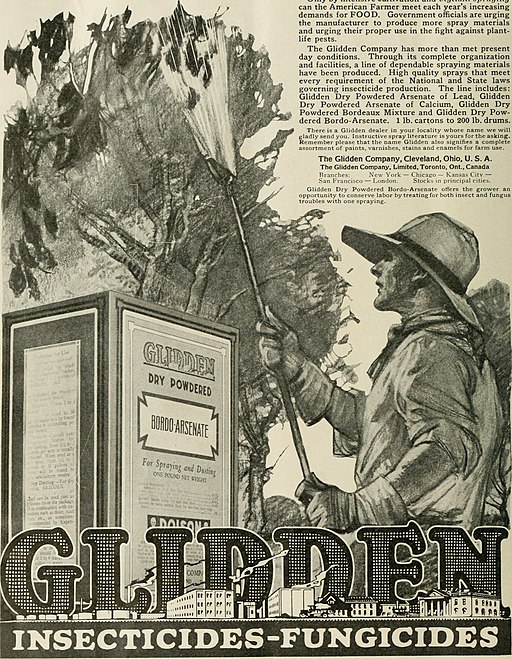Category: Uncategorized
-
Sea Level Rise!
Sea level has been stable, at current levels, throughout recorded history for 5,000 years. That’s about to change. Still, it’s very difficult for people to imagine a change in sea level after 5,000 years of rock solid stability. Nevertheless, assuming sea levels do rise markedly, one of the biggest questions of the century is whether…
-
Neoliberalism Has Met Its Match in China
When the Federal Reserve cut interest rates on July 31stfor the first time in more than a decade, commentators were asking why. According to official data, the economy was rebounding, unemployment was below 4%, and GDP growth was above 3%. If anything, by the Fed’s own reasoning, it should have been raising rates. The explanationof market…
-
Pounding Heat Clobbers Greenland
Greenland is one of the biggest targets for global warming, in part because it’s so big it’s hard to miss. And sure enough, only recently crazy halting weather with inordinate hot temperatures hit Greenland bull’s-eye, dead-on with one helluva meltdown. That’s bad news for pretty much everybody on the planet. On the hottest days, the…
-
The Well-grounded Tourist
[[{"type":"media","view_mode":"media_large","fid":"107","attributes":{"alt":"","class":"media-image","height":"270","typeof":"foaf:Image","width":"480"}}]] Venice. Photo by Wolfgang Moroder via Wikimedia commons. Travel is a wonderful thing. Climate breakdown is not. As in so many other areas of life, we have to reconcile that latter harsh reality with the strange normality that has briefly existed in the time of cheap and abundant oil. In a matter of hours…
-
The Cheapest Way to Save the Planet Grows Like a Weed
Planting billions of trees across the world is by far the cheapest and most efficient way to tackle the climate crisis. So states a July 4 article in The Guardian, citing a new analysis published in the journal Science. The author explains: As trees grow, they absorb and store the carbon dioxide emissions that are driving global heating.…
-

The Flawed Food Dependency
Book Review: Food or War “The most destructive object on the planet… is the human jawbone.” (Food or War, Cambridge University Press, 2019, p. 177) Whether by sight, taste, touch, feel, or smell, it’s only too obvious that “food” affects every aspect of life and is key to crucial life-supporting ecosystems. Day in, day out,…
-
Libra: Facebook’s Audacious Bid for Global Monetary Control
Payments can happen cheaply and easily without banks or credit card companies. This has now been demonstrated – not in the United States but in China. Unlike in the US, where numerous firms feast on fees from handling and processing payments, in China most money flows through mobile phones nearly for free. In 2018 these…
-
At 100, Gaia Faces its Biggest Challenges
James Lovelock theorized Gaia while working for NASA in the 1960s when he was hired to determine if there was “life on Mars.” Gaia may be younger but James Lovelock, Mr. Gaia himself, turns 100 on his upcoming birthday, July 26. For over 50 years, he has been Britain’s leading independent scientist. His independence from…
-
Permafrost Collapses 70 Years Early
Fasten your seat belt! Global warming is on a rampage. As a consequence, many ecosystems may be on the verge of total collapse. In fact, recent activity in the hinterlands surely looks that way. Over time, the backlash for civilized society, where people live in comfort, could be severe, meaning extreme discomfort. But still, nobody…
-
The Dangerous Methane Mystery
The East Siberian Arctic Shelf (“ESAS”) is the epicenter of a methane-rich zone that could turn the world upside down. Still, the ESAS is not on the radar of mainstream science, and not included in calculations by the IPCC (Intergovernmental Panel on Climate Change), and generally not well understood. It is one of the…

